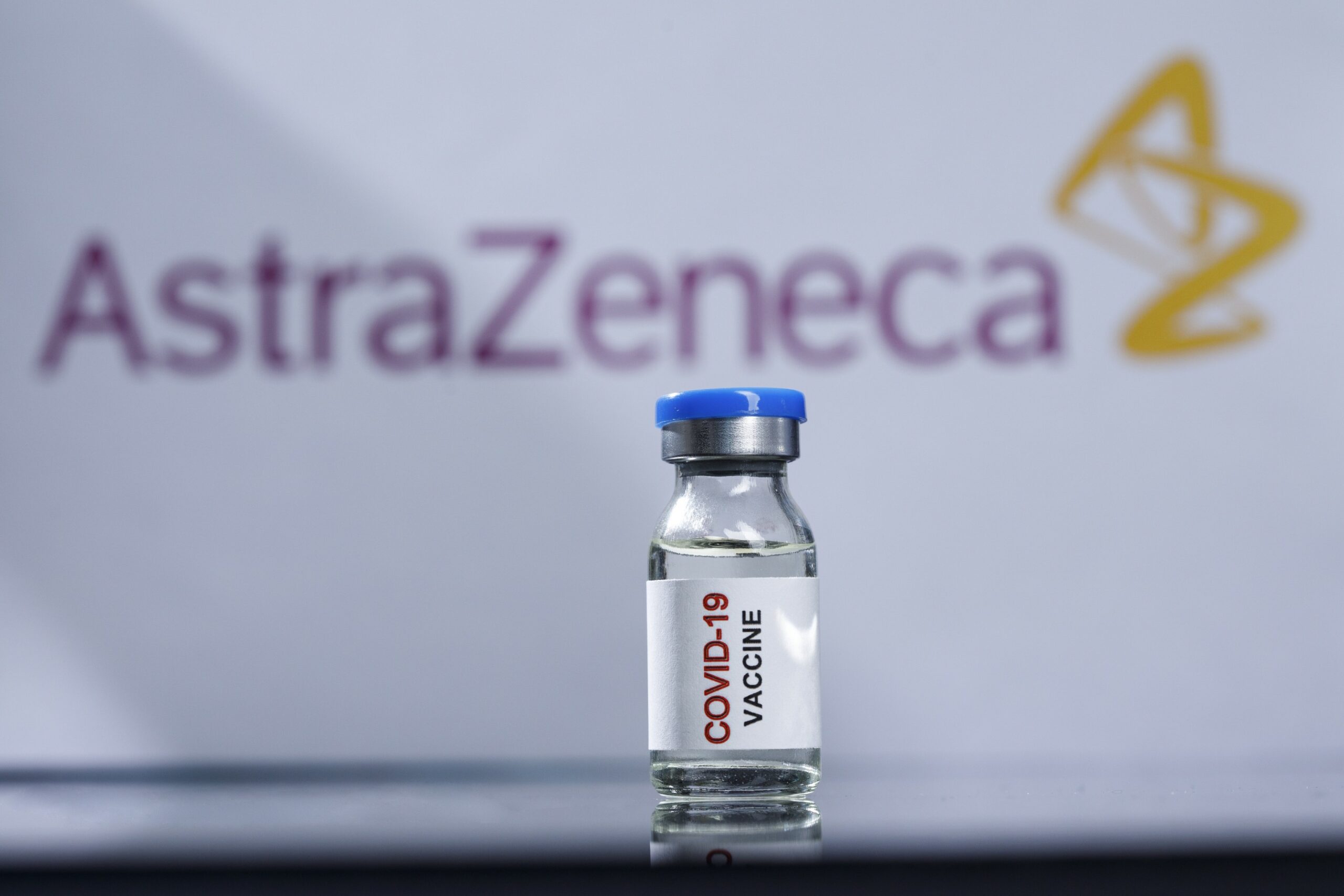A
A
A
In February of 2020, scientists at Oxford University at the Oxford Vaccine Centre announced the development of a vaccine to combat the newly emerging COVID-19 that was soon to become a worldwide pandemic.
The research teams led by Professor Andy Pollard and Professor Sarah Gilbert, saw their efforts come to fruition a year later when their vaccine, AstraZeneca, was being administered worldwide. At the time, critics claimed that the trials did not strictly adhere to protocols that would prove its readiness for global distribution.
Read More »
At the same time, the World Health Organization (WHO) gave Astrazeneca its highest recommendations as a means of deterring the spread of COVID-19 and eradicating the pandemic. The WHO cited several reasons for their recommendation, including its manageability for transport and that it is less expensive to administer than other vaccines.
Since the initial AstraZeneca COVID-19 vaccine distribution, it has now been determined that there is a link between the vaccine and rare forms of blood clots that originate in the brain.
The actual cause of this link is still not known to scientists and researchers. Marco Cavaleri, the head of European Medicines Agency (EMA) stated that there appears to be a direct relationship between brain blood clots and Astrazeneca, but what causes this type of result in some people is still unknown.
The EMA, which acts as a regulatory agency, has reviewed 44 separate incidences of this type of rare brain clot known as cerebral venous sinus thrombosis (CVST). Of the nearly 9.5 million people who have received the AstraZeneca vaccine, these are the only incidences based on medical reports.
The EMA released a statement that even though this link has been identified, the actual risk factors involved are still being explored through research. These factors include age, medical history, gender, race, ethnicity, and other risk factors. The EMA also stated that as the pandemic has progressed and researched has continued with patients who have contracted COVID-19, they have determined that in many cases, that a connection between blood clots and a low blood platelet count is correlated with immune deficiency.
For the Oxford scientists who developed the AstraZeneca COVID-19 vaccine during the early stages of the pandemic, the EMA’s backing of it, as well as WHO, which championed AstraZeneca as the forerunner in combating the virus, these new findings are a major roadblock in the global war being waged against COVID-19 and maintaining their support for something that now has proven to have serious if not fatal side effects for some people.
The EMA in recent weeks reiterated its support for AstraZeneca amid speculation that there may be this rare affliction connected to it. It has gone as far as to continue to back AstraZeneca even though these very recent findings have been confirmed. The executive director of the EMA, Emer Cooke, released a statement regarding AstraZeneca’s future in the fight against the COVID—19 pandemic in which he stated that he “comfirmed the benefits of the AstraZeneca vaccine in preventing COVID-19 overall outweigh the risks of side effects.”
Cooke went on to say that a possible reason for the blood clots occurring in connection with receiving the AstraZeneca vaccine for some patients can be compared to patients who have been given heparin before surgery to reduce any risk of blood clots. These patients also experienced a decrease in their blood platelet count, which is called thrombocytopenia.
The EMA has appointed a team of researchers on a fact-finding mission to explore the link between AstraZeneca and these rare blood clots. They have also instructed the EMA’s safety committee to include “uncommon” blood clots coupled with low blood platelets as a “very rare” side effect of the AstraZeneca vaccine. This information will also be printed on the product information pamphlets and listed as an adverse drug reaction.
With this latest news AstraZeneca’s possible serious side effect, its shares fell by nearly 1% by mid-afternoon that same day.






